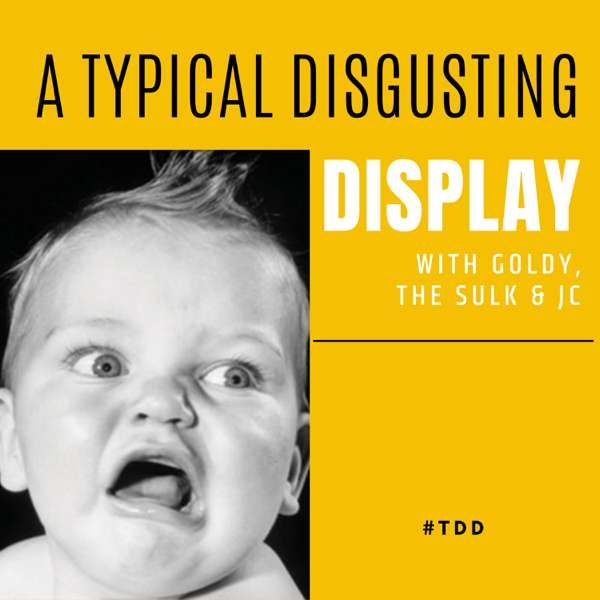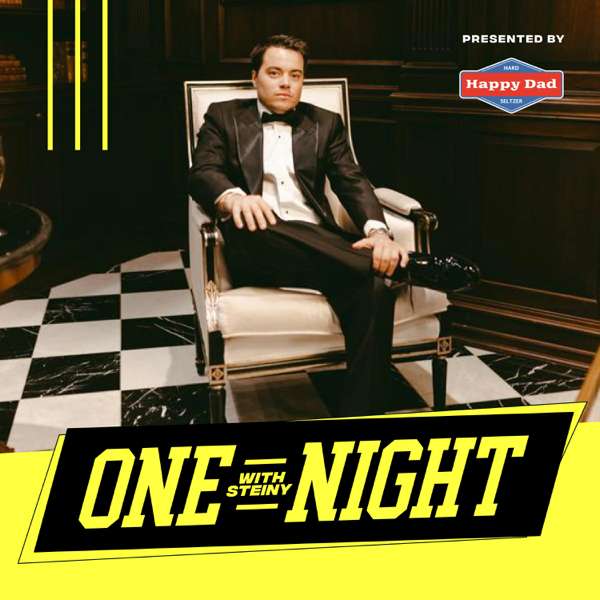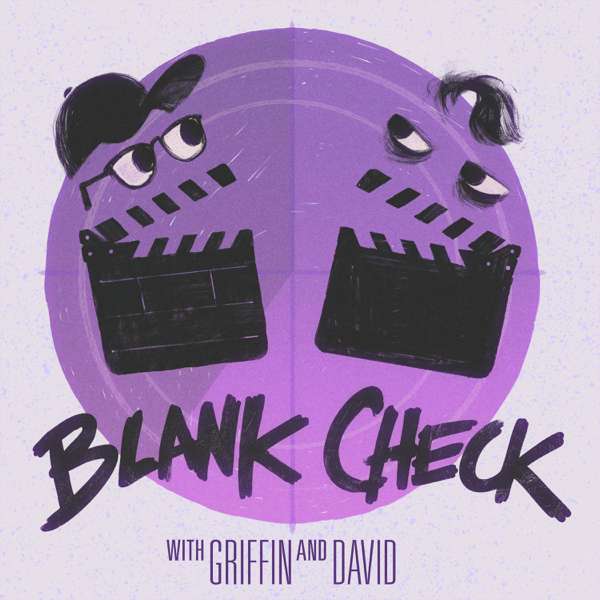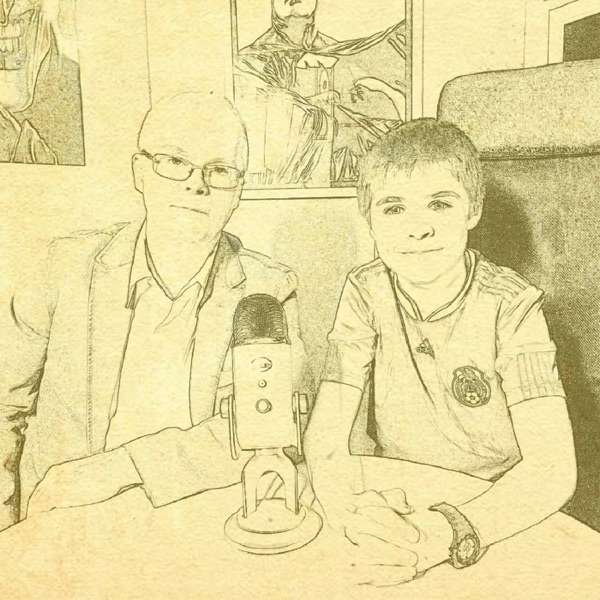“I wish I had a cool ‘coming out story,’” comedian Leah Mansfield sheepishly confided.
“I don’t,” she laughed.
During a commercial break of Buffy The Vampire Slayer, Leah casually turned to her family and
told them the news.
“Ya know that girl that’s coming to visit me this weekend? Well… She’s more than a friend. I’m
gay.”
After a brief pause, her mom broke the silence with, “Yeah, we know.”
And that was that.
Comedian Leah Mansfield’s family has always been progressive. She was raised in a litter of six
sisters, and one brother by two self-proclaimed hippies who work as environmental physicists in
northern Seattle.
Leah was a long distance runner and an above average student, but always felt a little different.
Like when her sisters would be gossiping about kissing boys and rounding the bases, Leah
remembers thinking, “Maybe I’ll wait wait til I’m married to have sex.”
This is a normal feeling in the gay community. In fact, forty eight percent of teenagers have no
idea they are gay until they are in their in their mid twenties. They all grew up feeling how Leah
felt. Just a little, “different.”
Leah wasn’t sure what to do, or who to talk to. She felt like she was suffocating in the
secrecracy of her inner, uncertain feelings. So, she did what most young, anxious teenagers do.
She rebelled.
“I became a born-again Christian. I joined Campus Crusades for Christ,” she said. “I felt
something was wrong with me, and I thought maybe religion could fix it.”
One summer, at Jesus camp. She met a girl, and all those feelings about being “different”
suddenly went away, and things clicked. Leah and her new friend kept their relationship a secret
for several months, meeting in the woods to sneak kisses and hold hands. A real life romance
novel.
One day they decided to open up and share their relationship with their inner circle of friends.
But the new relationship status didn’t get them any “Likes.” Their friends saw this as a rebellion
against god and lectured them on how wrong their actions and feelings were. The inner circle
forbid the two girls to see each other, and everything came to a crashing halt. So, the they split
up. Peer pressure is a helluva drug.
A year went by with no contact till Leah heard through the grapevine that her summer fling had
attempted suicide four times since their split. She reached out, but only received more radio
silence till one afternoon weeks later, a letter showed up.
“Please don’t contact me. I can’t be friends with you. I can’t see you. I can’t support your
lifestyle. I can never see you, ever again.”
They never spoke again.
I’d like to tell you that what happened with Leah and her girlfriend from Christ Camp was an
isolated incident. But, It’s not. Studies show that suicide is the leading cause of death among
Gay and Lesbian youth. Nearly thirty percent of the gay youth attempt suicide near the age of
fifteen.
When religion didn’t fix her, Leah went searching for answers in a place you’d probably least
expect. She joined the United States military. And it changed her love life.
Leah had always liked the idea of joining the Air Force, and when she applied, she was
accepted.
Once she was there, Leah found comfort in a small group of ladies who were all gay. More
importantly, they were openly gay. It was the first time that she had hung out with a social group
of people who were gay, and didn’t care. This was also the first time Leah’s life that anyone had
made it feel okay.
Even though none of them talked about their lifestyle choice at work, this was still a huge leap in
life for Leah. She felt like she fit in.
After Leah spent a few years in the military, she did a ton of soul searching. She found herself
battling for many years with the grandiose idea of religious guilt and what everyone perceives as
“right” and “wrong.” Leah remembers thinking that even her worth in the world was somehow
affected by the fact that she was gay. That because she was ‘different’, God wouldn’t love her
anymore.
I asked Leah if she was still religious after all her soul searching, and her response ended up
sounding like something her hippie physicists parents would say.
“If God is truly everywhere, it implies and infiniteness. Right? So if God is that big of a deal.
There is no way I could ever comprehend in this particular dimension, with my brain, and in this
life. Like, I dunno if there is even a God or not… And I don’t think it’s my calling to figure it out,
either. I tried for about ten years, and I got to a point where I thought; Maybe I’m just supposed
to make people laugh.”

 Our TOPPODCAST Picks
Our TOPPODCAST Picks  Stay Connected
Stay Connected







